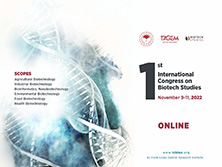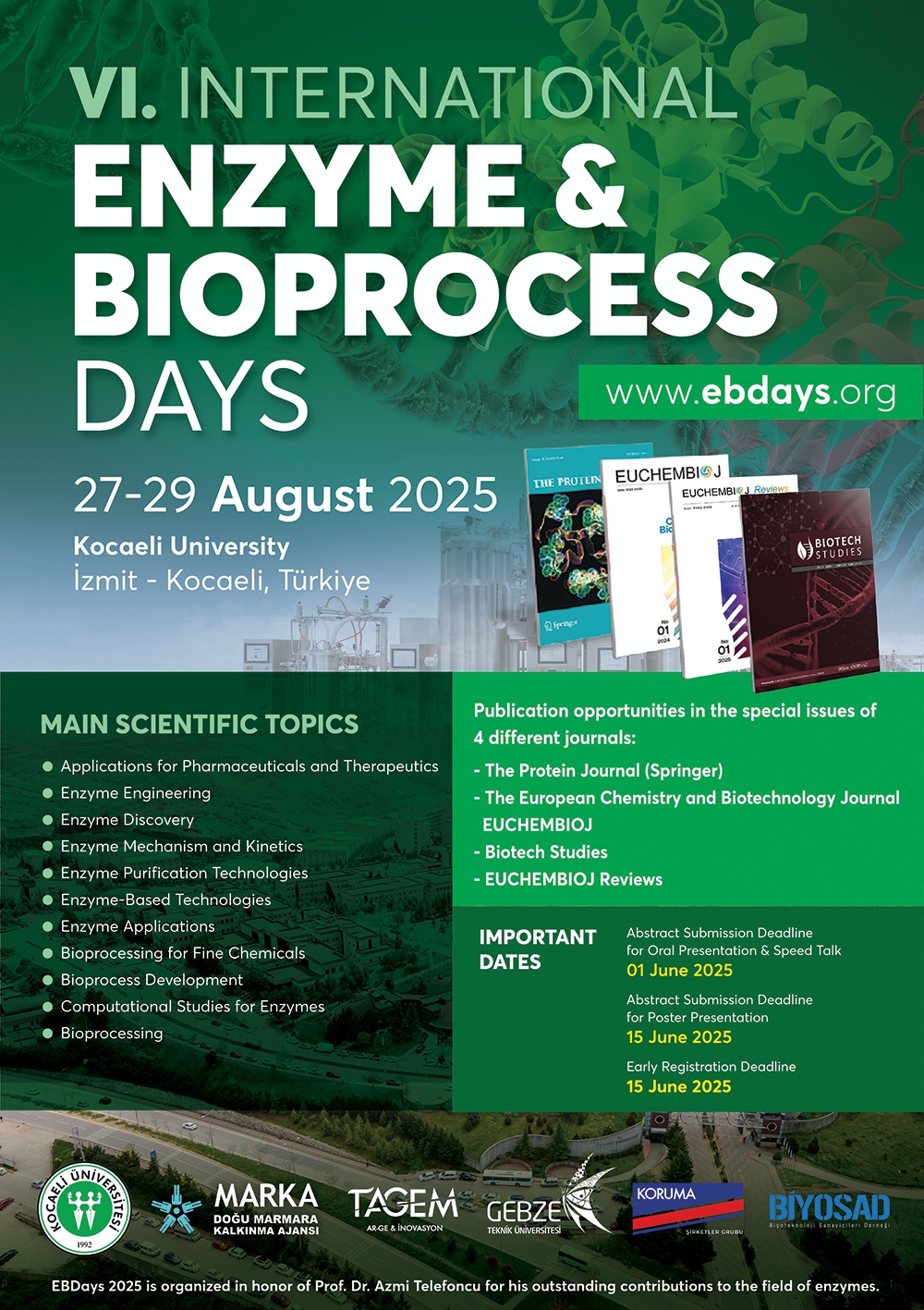Biotech Studies
2020, Vol 29, Num, 1 (Pages: 001-007)
Development of doubled haploid maize lines by using in vivo haploid technique
2 Tekirdağ Namık Kemal University, Field Crops Department, 59030 Süleymanpaşa, Tekirdağ, Turkey DOI : 10.38042/biost.2020.29.01.01 - The doubled haploid technology is now an integral component of modern maize breeding programs. In this study, the maternal haploid induction (gynogenesis) method was used to derive Doubled-Haploid (DH) lines from elite maize germplasm adapted to Turkey. Temperate haploid inducers (RWS, RWK-76, RWS x RWK-76 and WS14) were used as pollinators, and a set of 30 single-crossses (in FAO 650-700 maturity groups) were used as source materials. Putative haploid seeds were selected based on expression of R1-nj anthocyanin color marker. Highest haploid induction rate (20.42%) was recorded by using RWK-76 as inducer line, and the lowest haploid induction rate (17.75%) was obtained through WS14. Putative haploid seeds were germinated and seedlings were treated with 0.06% colchicine + 0.5% dimethylsulfoxide solution. Following transfer of seedlings into the field, 2178 D0 plants were obtained out of a total of 3012 treated haploids. Live plants were from 89% of 2178 seedlings which are planted to the field. Fertile plants were formed 57% of live plants. Inbreeding was succeeded in 31.23% of fertile plants and only 7.8% of inbreeding plants were able to produce seeds. Consequently, 27 doubled haploid lines were developed. Keywords : Breeding Chromosome doubling Doubled haploid In vivo maternal haploid Maize
















